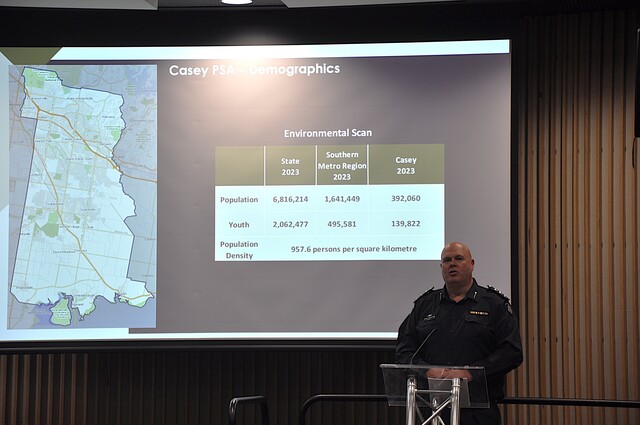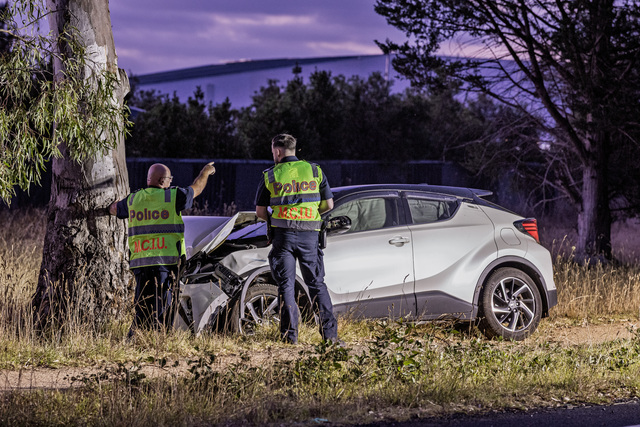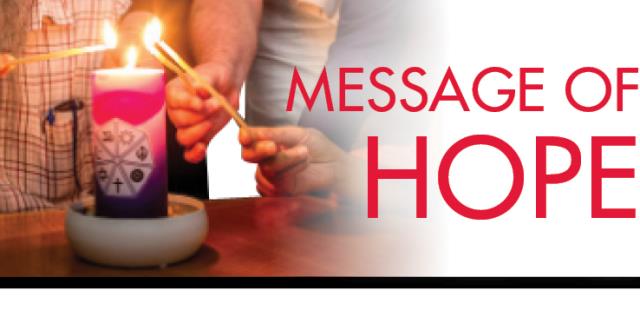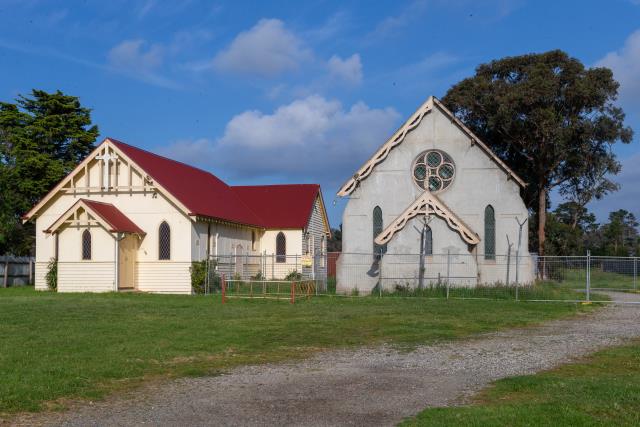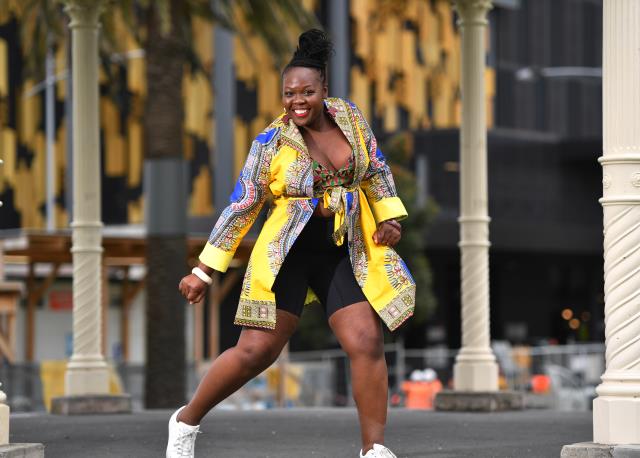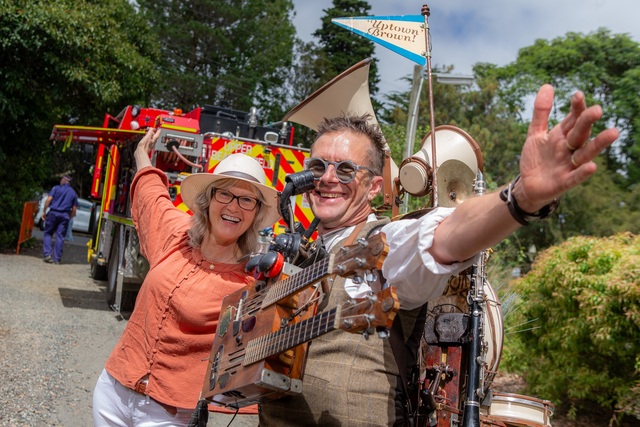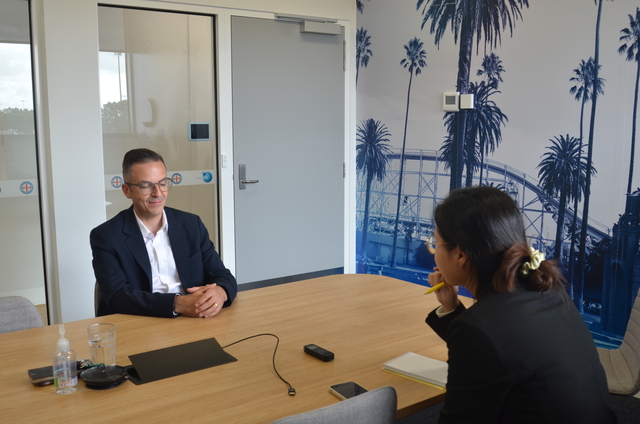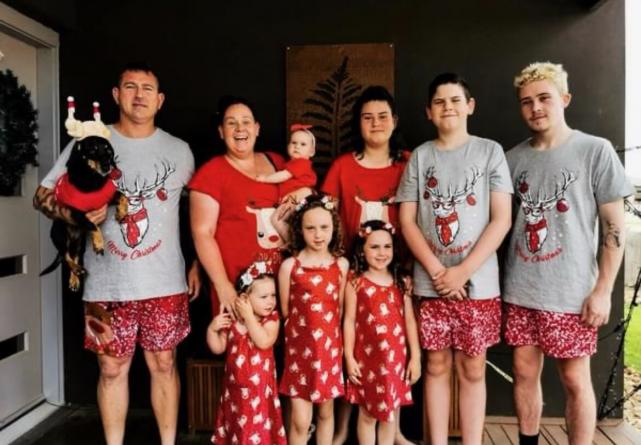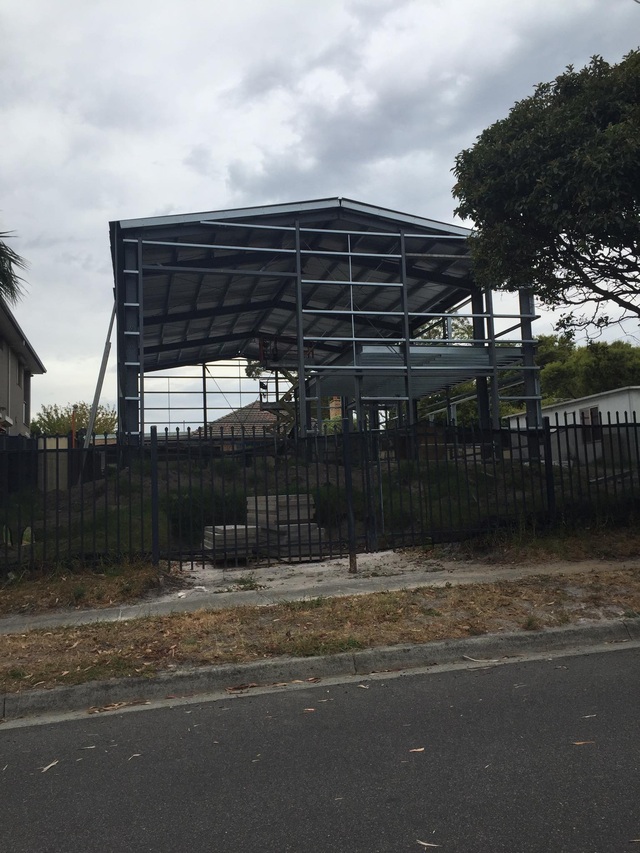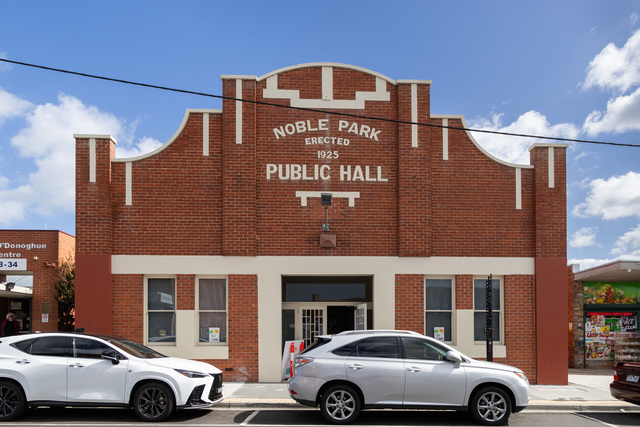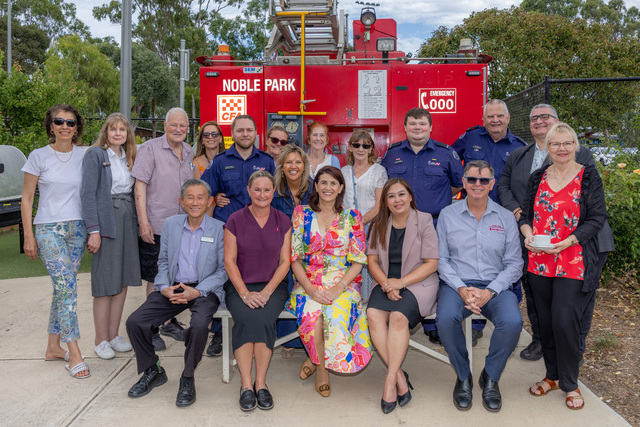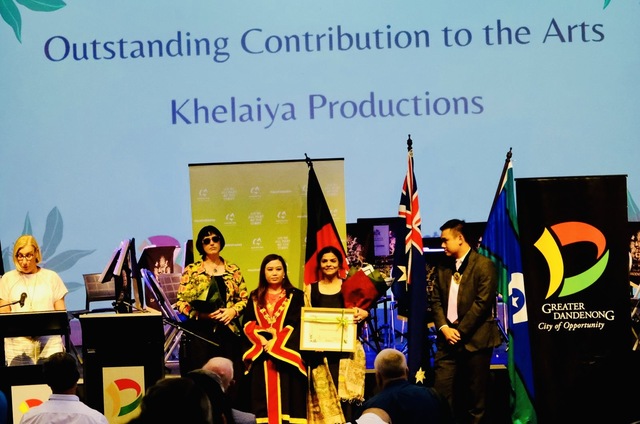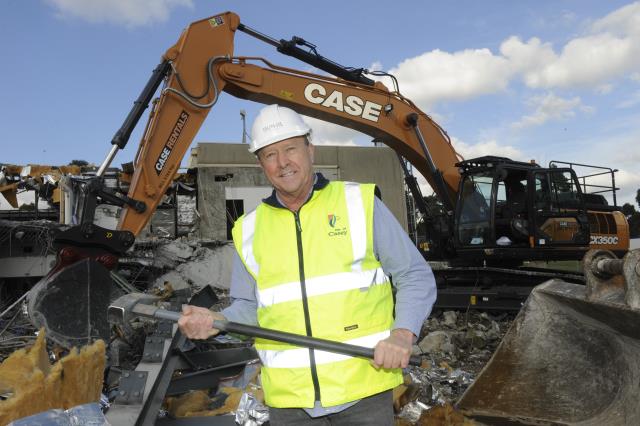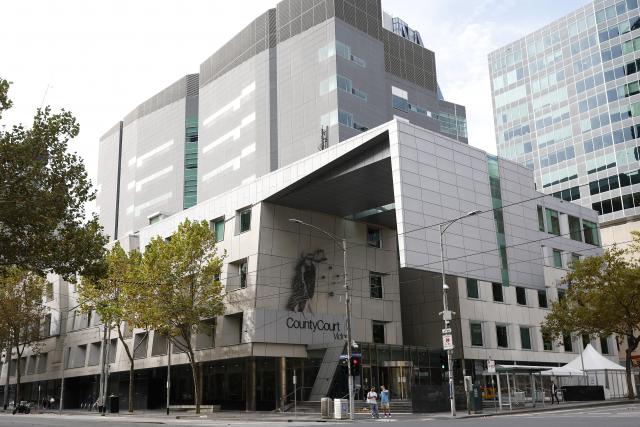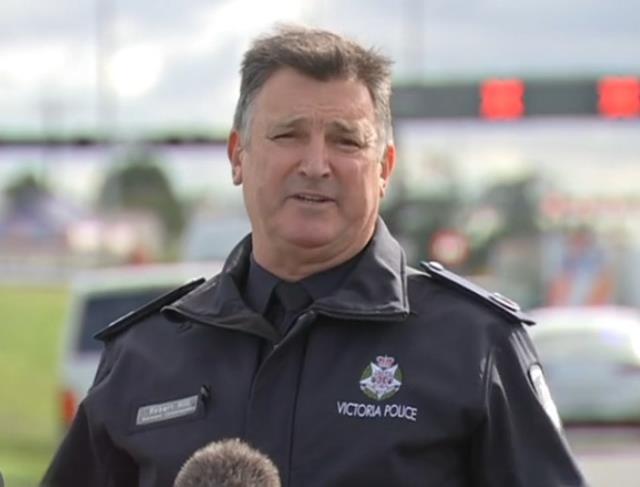The City of Casey has been identified as Victoria’s family violence hotspot, with police revealing nearly 7000 incidents recorded so far this year, the highest volume of reports for a local government area in the state.
The figure formed the centrepiece of discussion during the Neighbourhood Police Forum at Bunjil Place on Thursday, 21 August, where senior VicPol officers outlined the scale of the crisis and its flow-on effects throughout the community.
Rod Maroney, the specialist investigation and support inspector for the division encompassing Casey, Dandenong and Cardinia, said the numbers reflected Casey’s rapid population growth.
“The reason why it occurs is because Casey is growing every day, and we are getting a lot of young families moving into the area, living with the pressures of family environments such as kids, schooling, employment, the cost of living and so forth.
“So when we talk about those numbers, although they seem quite large and they are, a lot of those are very much first-time reporters,” he said.
For Victoria, family violence remains the most significant crime theme across the state, both in sheer numbers and in terms of the lasting harm it causes.
Maroney said police treat family violence as a crime, not as a dispute amongst individuals, adding that the organisation had undergone a cultural shift and now enforced a zero-tolerance approach to breaches of intervention orders.
“There’s no such thing anymore in Victoria Police about how it’s a minor breach, or that it’s a technical breach; we don’t stand for that anymore.
“If there is a breach, the offenders are held to account; it’s very simple for us now, and that’s part of that cultural shift,” he said.
Around 70 intervention orders are issued daily through the Dandenong Magistrates’ Court, with Maroney stressing that rising reports should also be seen as a positive.
“Because what it means is that our victim survivors are actually coming forward and reporting to us, which is what we want.
“If they don’t report to us, we can’t intervene, and we can’t stop that family violence from continuing to occur.
“Victim survivors are being assaulted, stalked, and properties are being damaged; it leaves a lasting effect on children, and we treat it as it is, a crime,” he said.
Ben Gordon, the officer in charge of the Family Violence Investigation Unit, explained that while Casey records thousands of incidents each year, only a small portion are handled by his detectives.
His unit is tasked with investigating around five per cent of the most severe cases, such as incidents that require a specialist investigative response and strong prosecutorial outcomes.
“They do need a specialist response, and there are victims within our community that need our specialist response in order to keep them safe,” he said.
He also highlighted the importance of inter-agency collaboration, noting that the division partly organises the Risk Assessment Management Panel (RAMP), which brings together police, corrections, child protection and family violence services to share real-time information on the most dangerous cases.
Shane Wright, the divisional family violence coordinator, holds a unique role created in response to the high volume of incidents in Casey.
When asked about the percentage of family violence offenders who are repeat offenders, he said that it’s a figure of 3.2 per cent for 2025.
“They’re the people that we’re really trying to reduce and provide that extra support to, because whilst the initial contact with police is a very traumatic time, we try to put things in place with those external agencies to prevent that from occurring,” Wright said.
Despite these changes, Kay, a local specialist family violence counsellor with lived experience, spoke about the difficulties some victims still face when approaching police stations.
Speaking on one client, Kay said that they had been told by an officer at the desk “that she didn’t need another family violence intervention order”.
“That she probably didn’t need the last one, and that 50 per cent of women who come in to report are liars, and anyone can get an intervention order these days.
“That was really disheartening for that person; she was absolutely devastated,” Kay said.
Kay also raised broader concerns about the way victims are treated at the counter, where they are often required to provide personal details in public spaces, which she described as retraumatising.
In response, Maroney apologised and said officers had undergone a significant cultural change and training to ensure reports were taken seriously.
“Every member in this room has been trained in relation to family violence, and every member here and on the road knows that when a victim comes to report, the courage it takes for them to do that, we have to take it seriously,” he said.
Ultimately, the scale of the issue in Casey underscored why family violence was placed at the top of the forum’s agenda, with officers stressing that family violence remains Victoria’s most significant crime theme and urging the community to continue reporting.
If you or someone you know is in direct danger, call Triple 000 for police and ambulance help.
For access to 24-hour national sexual assault, family and domestic violence counselling, contact 1800RESPECT.
For access to VicPol resources on family violence, visit www.police.vic.gov.au/report-family-violence

